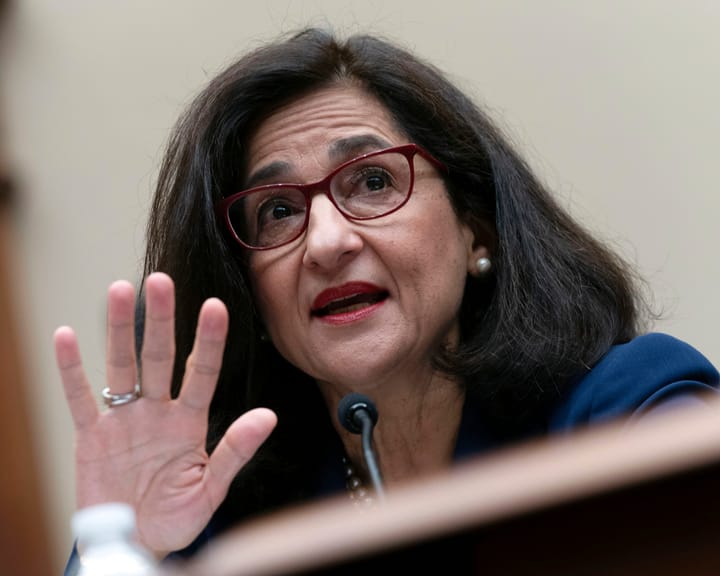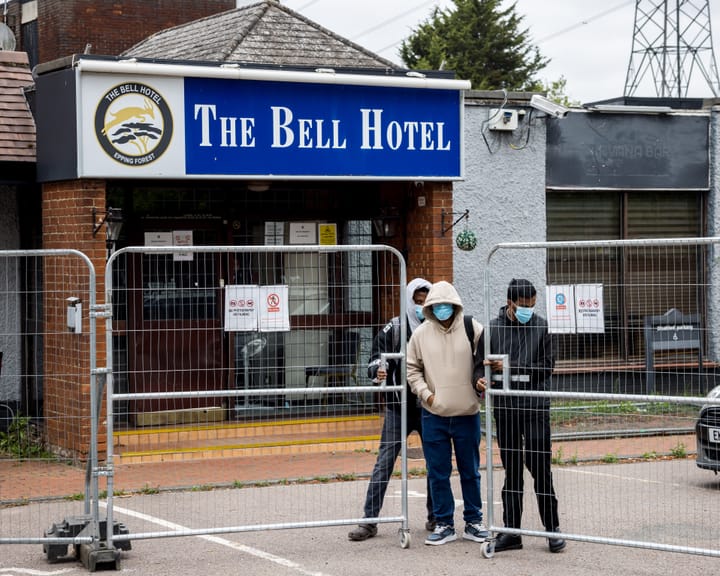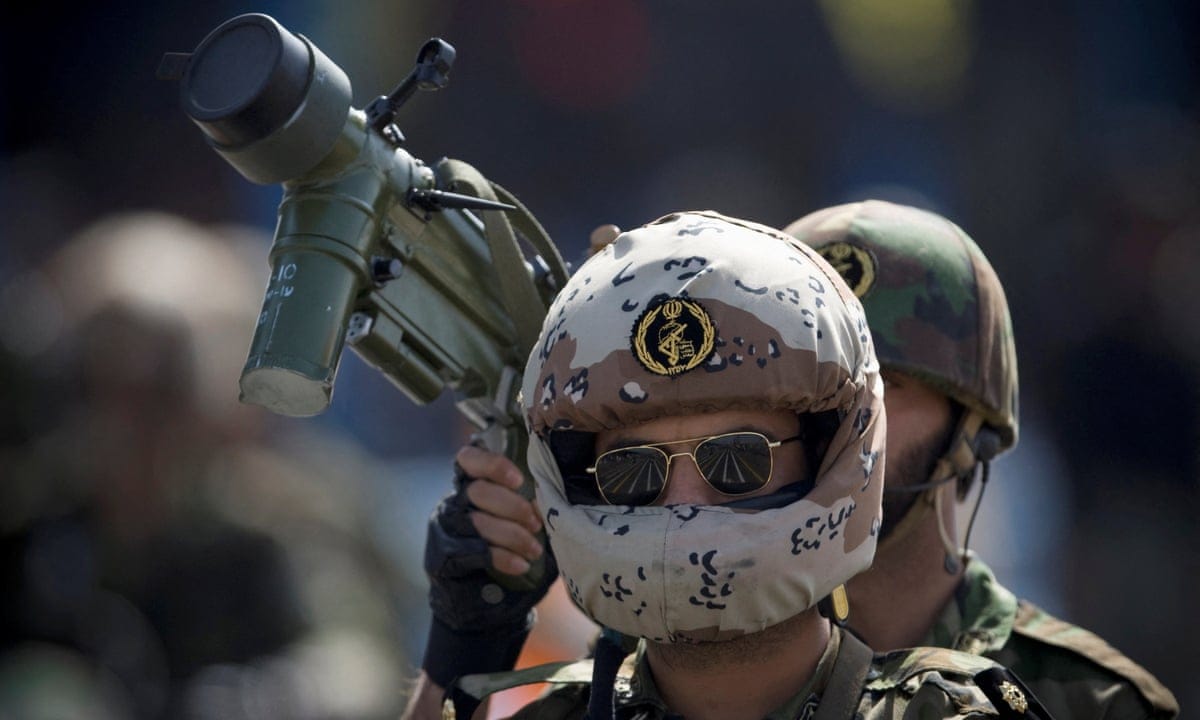Labour is unlikely to immediately ban Iran's Islamic Revolutionary Guards Corps, opting instead to consider if a new category of state-supported activities requires creation.
David Lammy, the foreign secretary, will consult his colleagues about the potential impact on Iranian foreign policy from the recent election of Masoud Pezeshkain, an advocate for reform.
Western countries are assessing whether President Pezeshkain's influence over foreign policy could lead to a reduction in Iran's nuclear activities, potentially easing sanctions.
In opposition, Labour indicated it would ban the IRGC, prompting concern from Tehran and warnings that such a decision may harm UK-Iran relations significantly.
The IRGC operates under the Iranian government as an arm of state power; thus, banning parts of another sovereign nation could set a significant precedent for the UK's actions against alleged terrorist activities.
During discussions with the Guardian about these issues, Lammy stated his intent to scrutinize how existing systems address state-sponsored terrorism and consider changes that might allow targeted restrictions on operations of linked organizations such as the IRGC. However, developing a new legal framework could be time-consuming, and there is no mention in Labour's manifesto about specifically banning the IRGC.
Former foreign secretary David Cameron resisted pressure from Parliament to ban the IRGC, fearing it might lead Iran to sever diplomatic ties with the UK. Lord Cameron valued direct dialogue with then-Iranian Foreign Minister despite occasional disagreements.
Abbas Araghchi is speculated to be in line for a position as foreign minister within President Pezeshkain's administration, having previously served under former minister Javad Zarif and supported his campaign efforts.
Lammy met with Canadian Foreign Minister Mélanie Joly last Monday, marking the first time since assuming office that he has had an international meeting of this nature. Canada announced a proscribe against the IRGC prior to their diplomatic relations being severed. This move does not equate to the potential consequences for Iran as it would have on UK-Iran interactions.
A prohibition against such entities could result in criminal liability for members and supporters of these organizations, both morally and financially. Jonathan Hall, adviser to the British government on terrorism laws, proposed that proscribing the IRGC might necessitate amending existing legislation to acknowledge state involvement in what is traditionally considered terrorist activities within the Terrorism Act 2000 framework. This would also imply a potential change in international law regarding states' use of force based on humanitarian principles.
Read next

"Starmer appoints ex-Bank deputy governor as top economic advisor"
Minouche Shafik to Become Keir Starmer’s Chief Economic Adviser
Former Bank of England deputy governor Minouche Shafik is expected to join Keir Starmer’s team as his chief economic adviser.
Her appointment comes as the prime minister’s office prepares for the autumn budget, following Shafik’s recent leadership

"Home Office wins appeal allowing asylum seekers to stay at Epping hotel"
The appeals court has determined that the injunction issued by the high court should not have been approved.
Those involved acknowledge they have become part of a broader discussion about how asylum seekers are managed and urge the public to recognize that the Bell hotel was only fulfilling a government-mandated

"Scottish Greens' new leaders push for universal income and free bus fares"
Scottish Greens' new leaders, Ross Greer and Gillian Mackay, have pledged to advocate for a universal income, free bus travel, and increased taxes on high earners following a subdued leadership race.
Greer and Mackay, previously backbench MSPs at Holyrood, were elected co-conveners of the Scottish Greens with a notably

